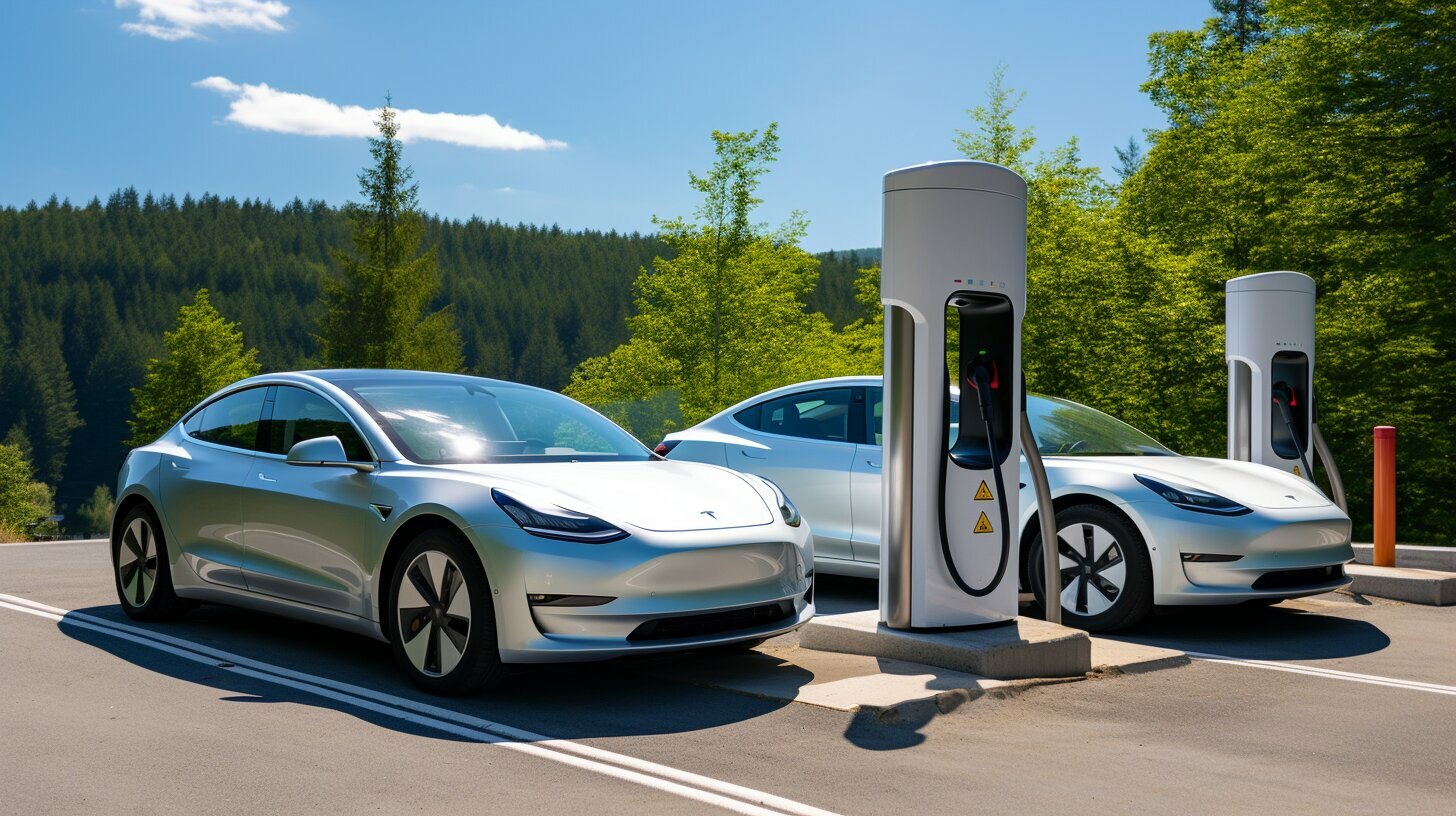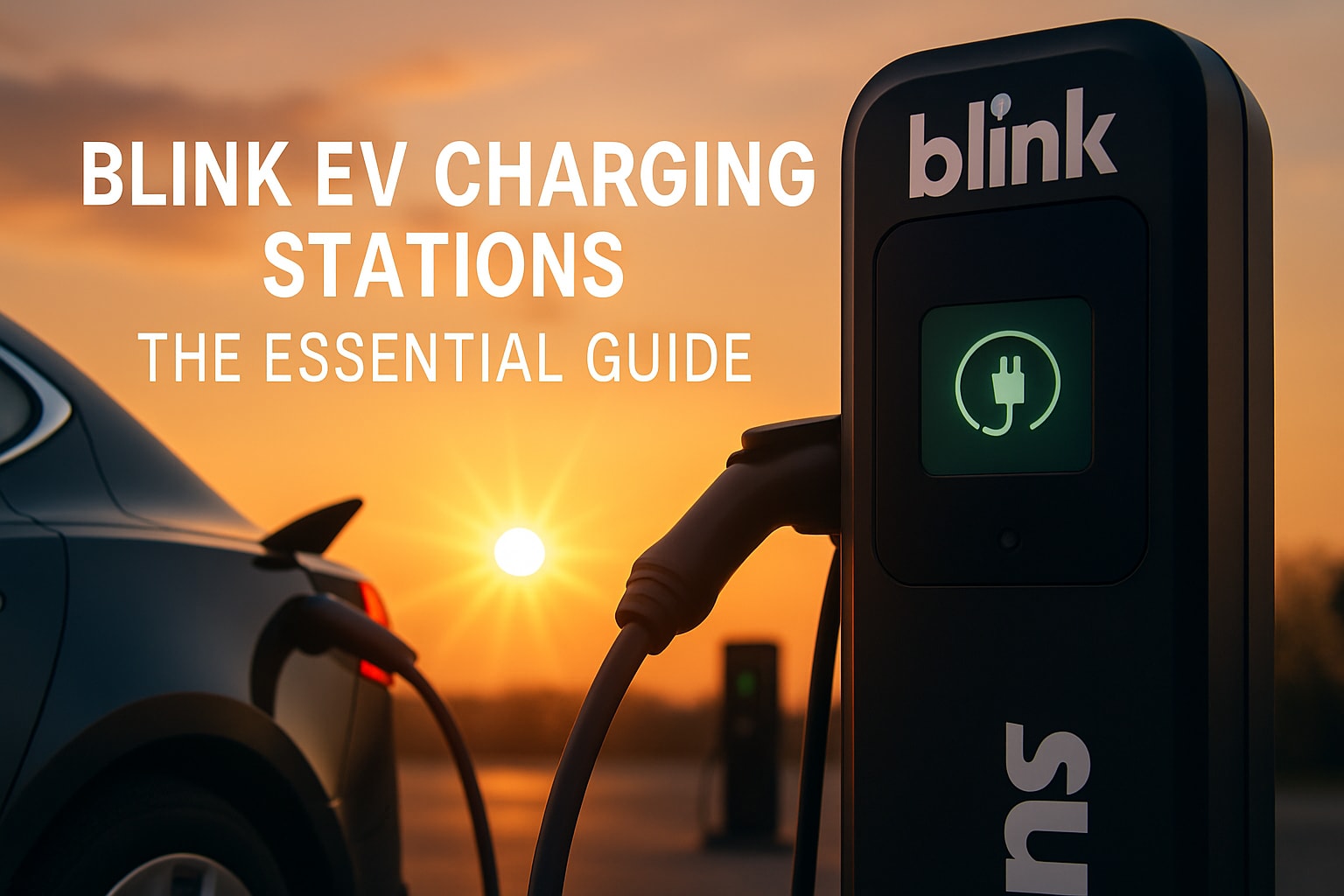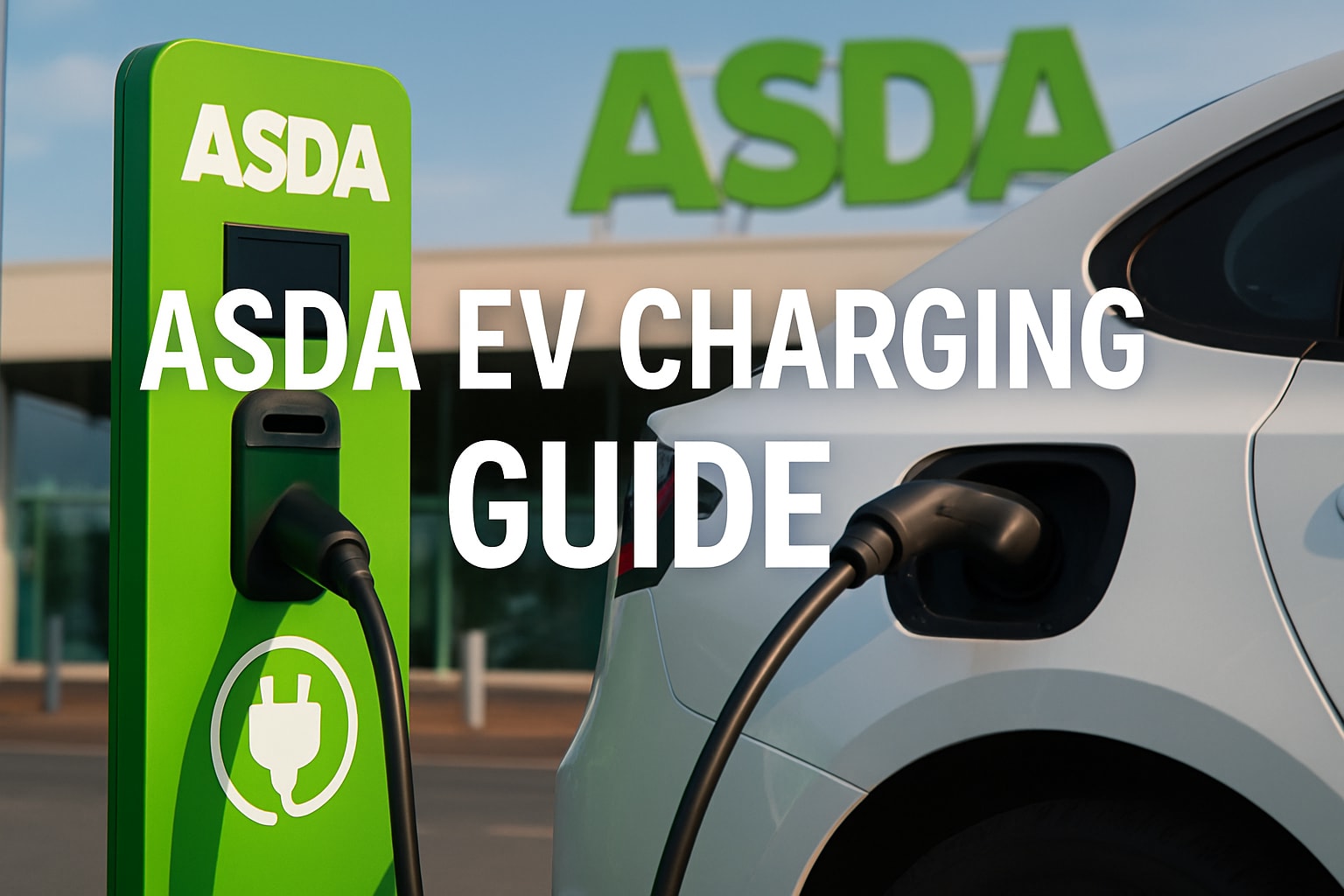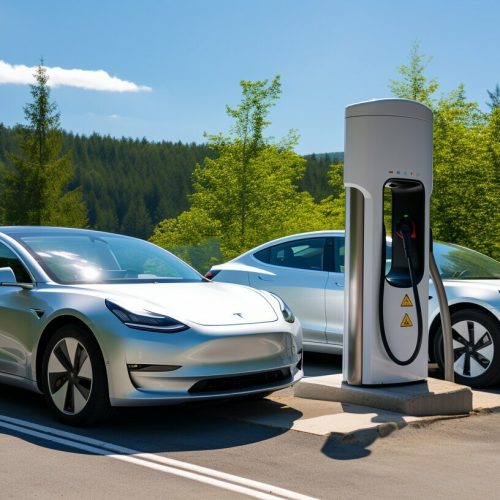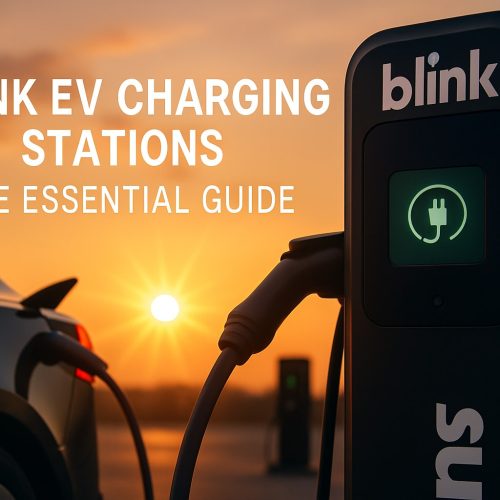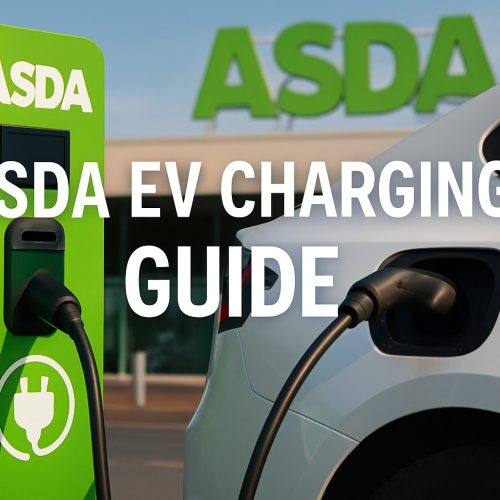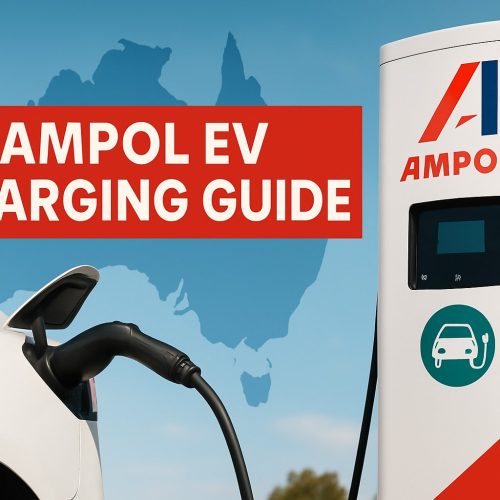Key Takeaways
| Aspect | Details |
|---|---|
| Charging Types | Overview of different EV charging types and their impact on charging time. |
| Factors Influencing Time | Exploration of factors that affect how long it takes to charge an EV. |
| Technology Advancements | Discussion on technological innovations reducing charging times. |
| Practical Tips | Advice for EV owners to optimize charging time. |
Electric vehicles (EVs) are heralding a new era in transportation, offering an eco-friendly alternative to traditional fossil fuel-powered vehicles. However, one of the critical aspects that potential EV owners and current users ponder is the charging time. The time it takes to charge an electric vehicle can vary significantly based on several factors, including the type of charger used, the vehicle’s battery capacity, and the charging technology involved.
Different Types of EV Chargers
There are primarily three types of EV chargers – Level 1, Level 2, and DC Fast Chargers.
- Level 1 Chargers: These are the standard chargers that come with most EVs and can be plugged into a regular household outlet. They are the slowest, typically providing about 2 to 5 miles of range per hour of charging.
- Level 2 Chargers: A step up from Level 1, these chargers require a 240V outlet (similar to what large appliances use) and can charge an EV much faster, offering about 10 to 60 miles of range per hour.
- DC Fast Chargers: The fastest charging option available, DC fast chargers can provide an EV with up to 80% charge in about 20 – 30 minutes. They are commonly found in public charging stations.
Factors Affecting EV Charging Time
The time it takes to charge an EV is not a fixed metric and can be influenced by various factors.
- Battery Capacity: Larger batteries take longer to charge. For instance, a small EV with a 40kWh battery will charge faster than a larger EV with a 100kWh battery.
- State of Charge: Charging time is also affected by how depleted the battery is. It takes less time to charge a battery from 20% to 80% than from 0% to 100%.
- Charger Compatibility: Not all EVs are compatible with all types of chargers, which can affect charging speed.
- Ambient Temperature: Extreme temperatures can impact battery charging efficiency and speed.
Technological Advances in EV Charging
The EV industry is continuously evolving, with significant advancements aimed at reducing charging times. Innovations like ultra-fast charging technologies and battery preconditioning are paving the way for quicker and more efficient charging solutions. Companies are also developing batteries that can charge faster without compromising battery life or safety.
Practical Tips for EV Owners
EV owners can optimize their charging experience by:
- Using a Level 2 charger at home for faster charging.
- Planning routes that include fast-charging stations for long trips.
- Maintaining the battery charge between 20% and 80% to prolong battery life and reduce charging time.
In conclusion, understanding the nuances of EV charging time is crucial for current and prospective EV owners. With technological advancements and smart charging practices, the process is becoming increasingly efficient, making electric vehicles an even more attractive option for sustainable transportation.

The Future of EV Charging: Speeding Up the Process
As the demand for electric vehicles grows, so does the need for more efficient charging solutions. The future of EV charging is not just about faster chargers but also about smarter and more convenient charging systems.
Innovations in Charger Technology
Advances in charger technology are pivotal in reducing EV charging times. Emerging technologies include:
- Ultra-Fast Charging Stations: These stations are set to revolutionize EV charging, potentially charging vehicles in the same time it takes to fill up a gas tank.
- Wireless Charging: Although still in developmental stages, wireless charging systems could allow EVs to charge while parked over a charging pad, eliminating the need for plug-in cables.
- Solar-Powered Charging: Integrating solar energy into EV charging stations not only promotes sustainability but also provides a cost-effective charging solution.
Smart Charging Systems
Smart charging systems play a critical role in optimizing charging time and energy usage. These systems can:
- Schedule Charging: Allowing users to charge their EVs during off-peak hours can reduce costs and energy grid demands.
- Dynamic Load Balancing: This technology distributes power efficiently among multiple vehicles charging simultaneously, ensuring optimal charging for each EV.
Vehicle-to-Grid (V2G) Systems
Vehicle-to-grid technology is an innovative concept where electric vehicles can not only draw power from the grid but also supply energy back to it. V2G systems can:
- Provide Grid Support: During peak energy demand, EVs can supply stored energy back to the grid.
- Offer Financial Incentives: Owners could potentially earn money by providing energy to the grid during high-demand periods.
Consumer Education and Policies
Educating consumers about EV charging and implementing supportive policies are crucial for the widespread adoption of electric vehicles. Governments and organizations can:
- Promote Awareness: Increase awareness about the benefits of EVs and the advancements in charging technologies.
- Offer Incentives: Provide incentives for installing home chargers or using public charging stations.
The evolution of EV charging technology is not just about faster charging times; it’s also about making electric vehicles more accessible, convenient, and integrated into our daily lives. With ongoing advancements, the future looks bright for electric vehicle owners and the environment.
The Impact of Battery Technology on EV Charging
Battery technology is at the heart of electric vehicle performance, including how fast they can be charged. Innovations in battery technology not only enhance the range of EVs but also significantly reduce charging times.
Advancements in Battery Composition
- Solid-State Batteries: Solid-state batteries, which replace the liquid electrolyte with a solid, offer a higher energy density and the potential for much faster charging times compared to traditional lithium-ion batteries.
- Graphene Batteries: Graphene, a form of carbon, is being explored for its superior conductivity and potential to enable ultra-fast charging.
Thermal Management Systems
Effective thermal management in batteries is crucial for quick and safe charging. Advanced cooling systems are being developed to:
- Prevent Overheating: Ensuring batteries maintain an optimal temperature during fast charging.
- Enhance Efficiency: Improved thermal management leads to better battery performance and longevity.
Modular Battery Systems
Modular battery designs are another area of innovation. These systems allow for:
- Flexible Charging Options: Modules can be charged individually, potentially reducing overall charging time.
- Easy Replacement and Upgrades: Simplifying maintenance and extending the vehicle’s lifespan.
These advancements in battery technology not only promise shorter charging times but also aim to enhance the overall performance and sustainability of electric vehicles.
Enhancing EV Charging Infrastructure for Reduced Charging Time
The expansion and enhancement of EV charging infrastructure are critical to supporting the growing number of electric vehicles and reducing overall charging times.
Expanding Public Charging Networks
- Increased Coverage: Expanding the number of charging stations, especially in rural and underserved areas, ensures wider accessibility.
- High-Speed Charging Corridors: Developing corridors with fast-charging stations along major highways and travel routes facilitates long-distance EV travel.
Integrating Smart Grid Technology
Smart grid integration into EV charging infrastructure can:
- Optimize Energy Distribution: Manage the energy demand and supply more efficiently, reducing strain on the grid during peak charging times.
- Enable Renewable Energy Integration: Facilitate the use of renewable energy sources for EV charging, promoting sustainability.
Public and Private Sector Collaboration
Collaboration between governments and private companies is essential to develop and implement effective charging infrastructure. This includes:
- Funding and Incentives: Financial support and incentives can accelerate the development of charging infrastructure.
- Standardization of Chargers: Implementing standardized chargers can make EV charging more user-friendly and globally accessible.
The enhancement of EV charging infrastructure is a multifaceted endeavor that requires coordinated efforts across technology, policy, and community engagement. Through these efforts, the goal of reducing EV charging times while increasing convenience and accessibility can be achieved, further promoting the adoption of electric vehicles.
Conclusion: The Road Ahead for Faster EV Charging
As the electric vehicle (EV) market continues to expand, reducing charging times remains a key focus for manufacturers, governments, and energy providers. The future of EV charging is shaped by a combination of technological advancements, infrastructure development, and policy support. Innovations in battery technology, smart charging systems, and expanded charging networks are all contributing to making EV charging faster and more efficient.
For EV owners, this evolution means more convenience, reduced range anxiety, and a more seamless integration of electric vehicles into daily life. As technology continues to advance and infrastructure expands, the dream of quick, efficient, and accessible EV charging is becoming a reality, marking a significant step forward in the journey towards sustainable transportation.
